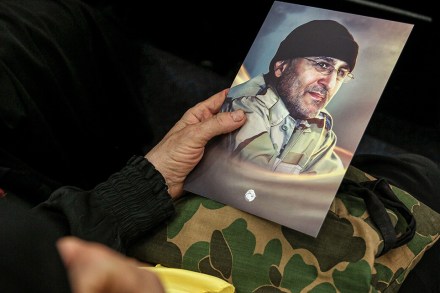What hope is there for Syria today?
Rime Allaf takes the long view of Syria’s descent into hell. Her story begins with President Hafez al Assad, the architect of the socialist Baathist dictatorship that, from 1970 to 2000, immiserated and impoverished an entire nation before his son and successor Bashar utterly destroyed it. It Started in Damascus is part history, part memoir, the story of a people whose hopes for a better life have been consistently strangled by the Assad dynasty for more than half a century. A Syrian-born writer and analyst who comes from a distinguished diplomatic family, Allaf is unflinching when she trains her sights on regime depravity. It makes for disturbing, compulsive and at




